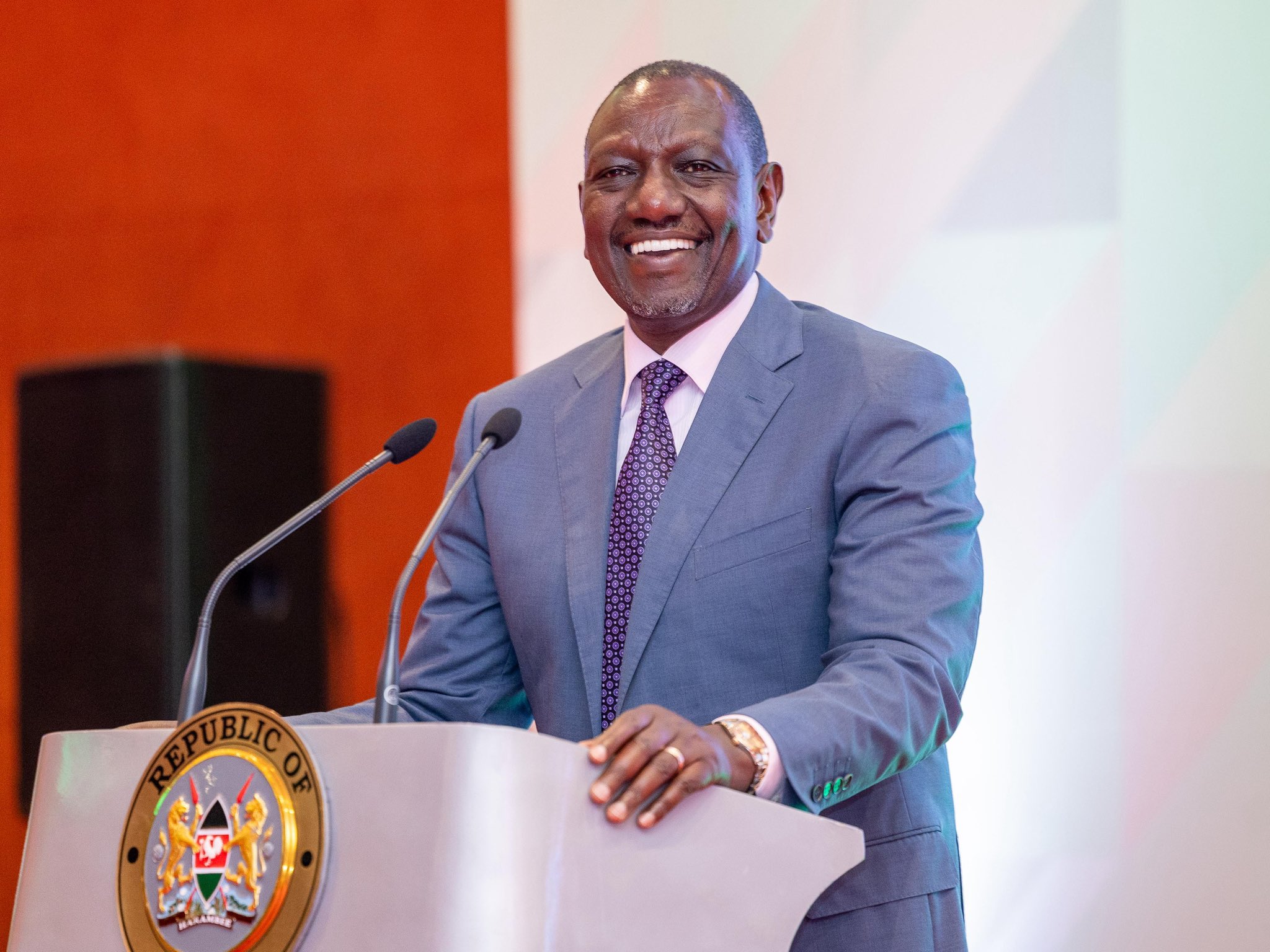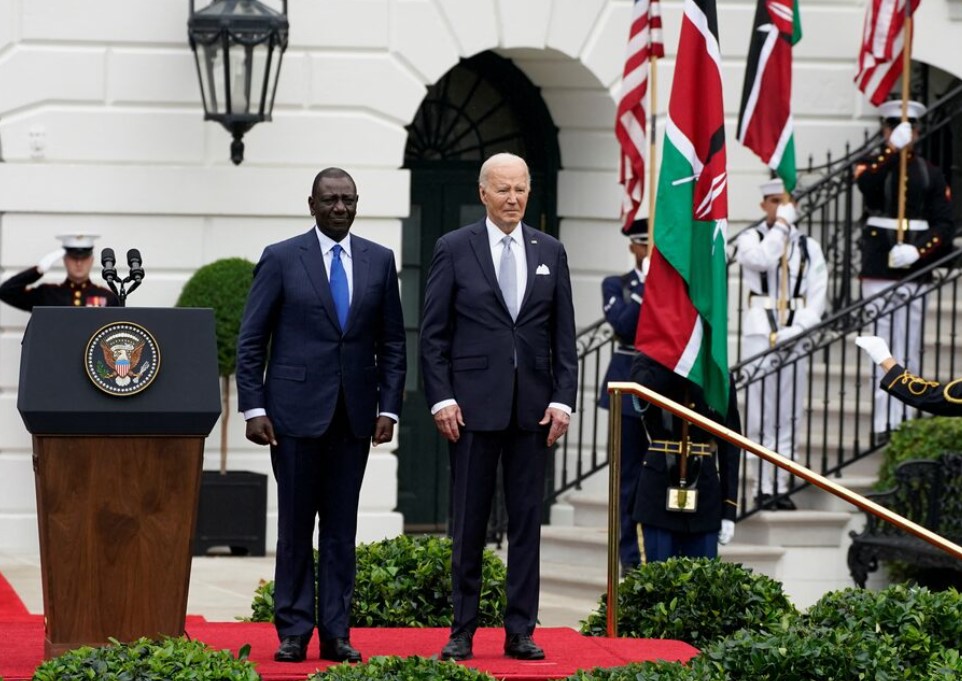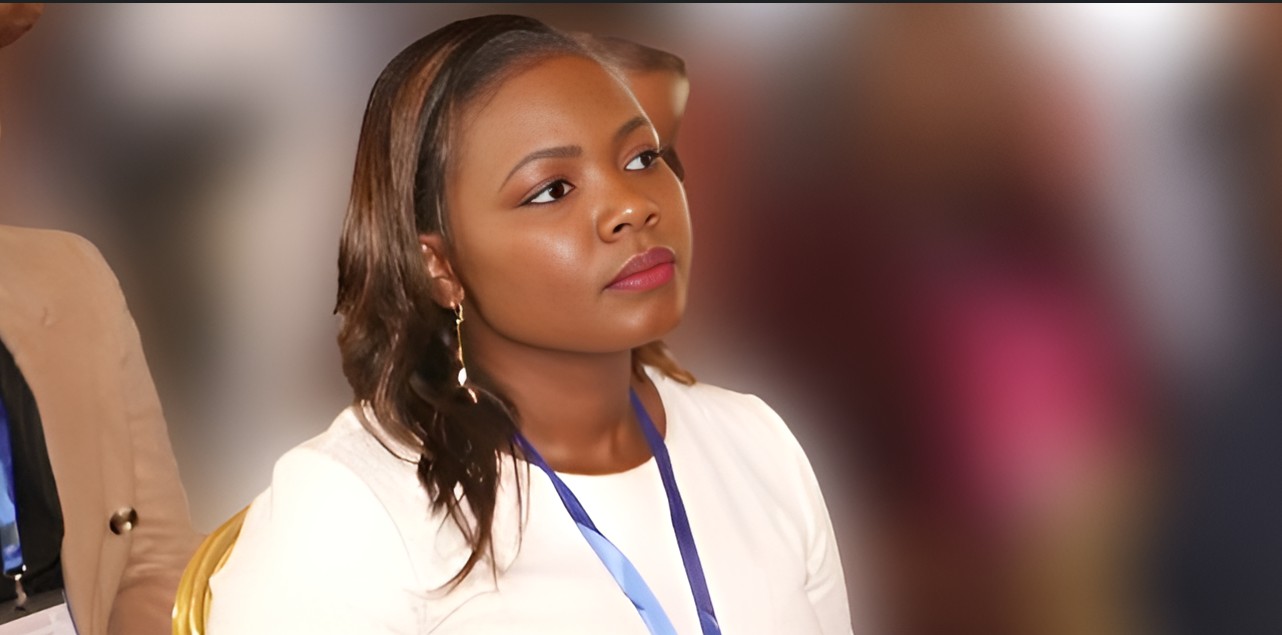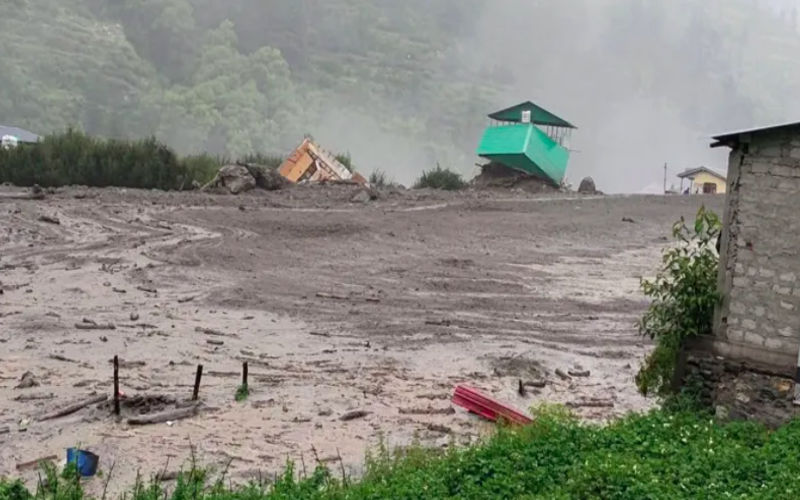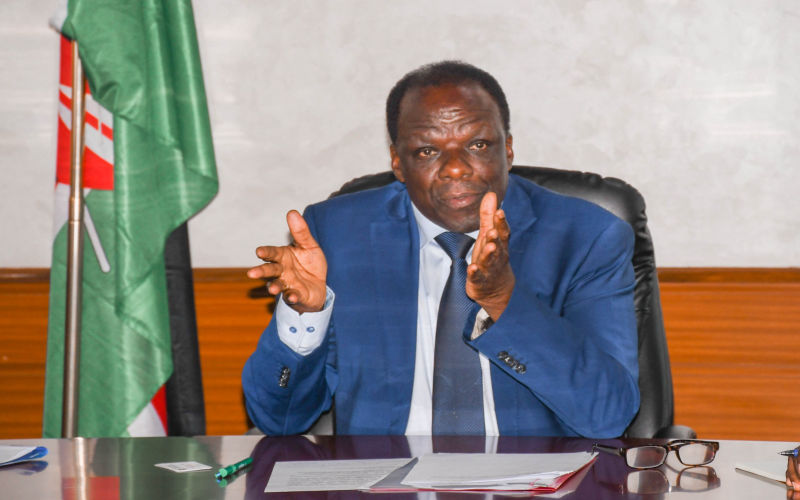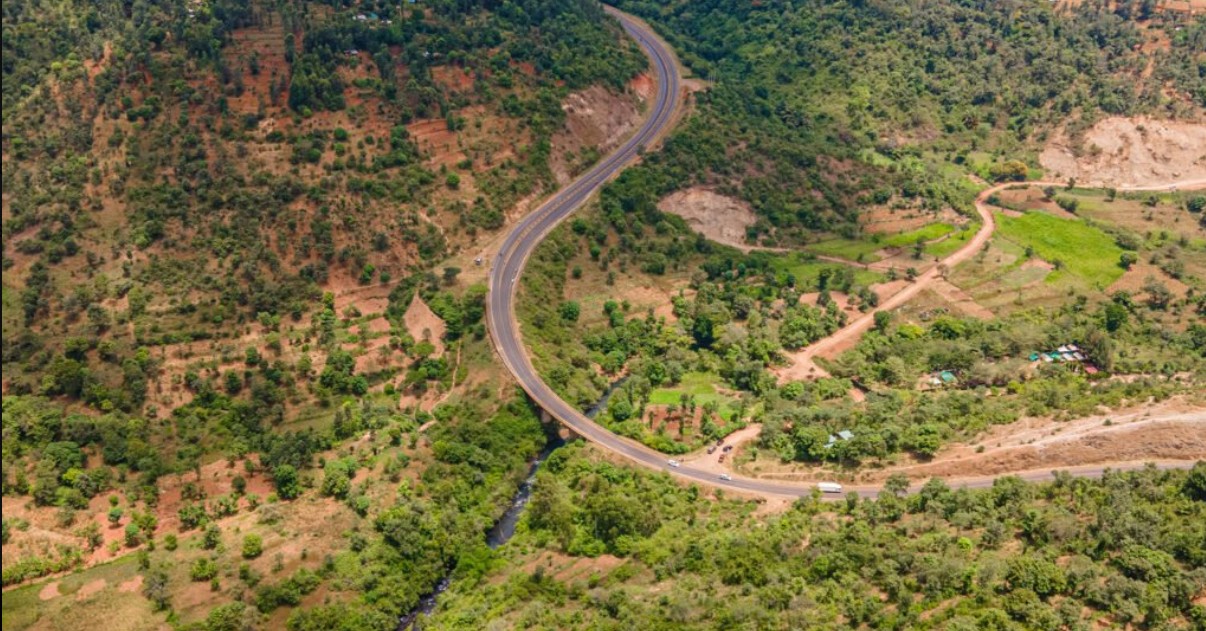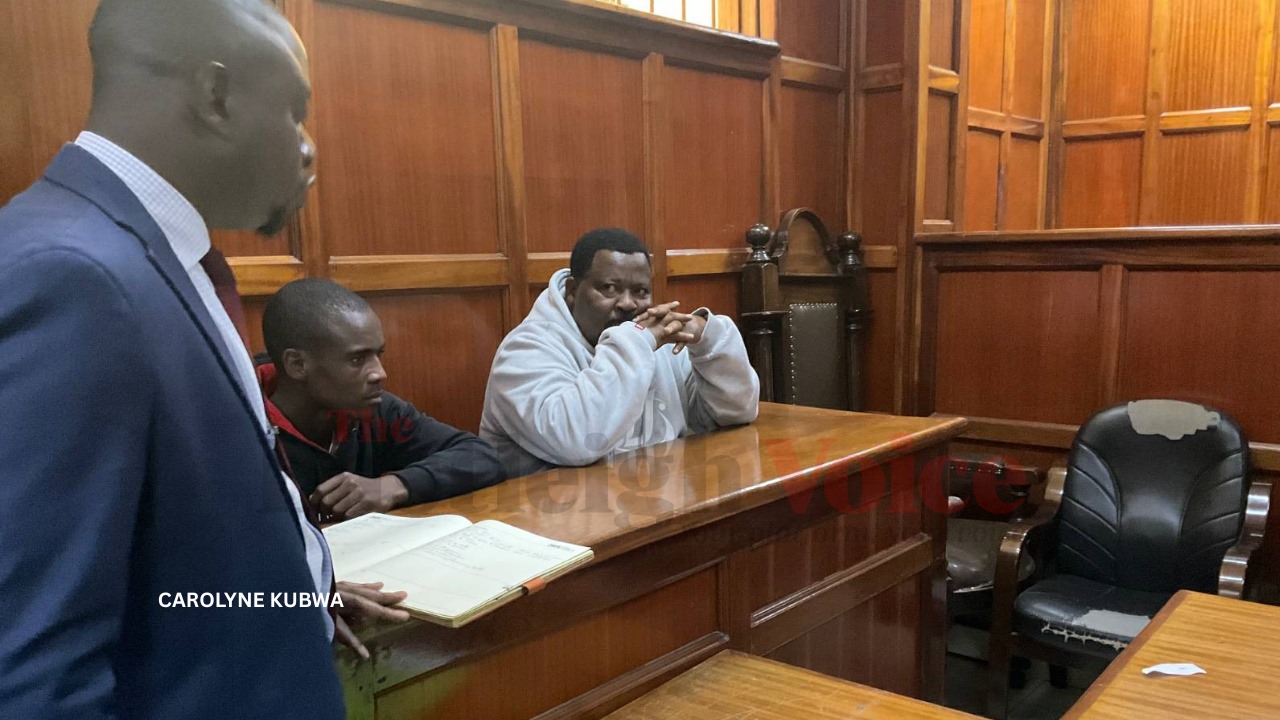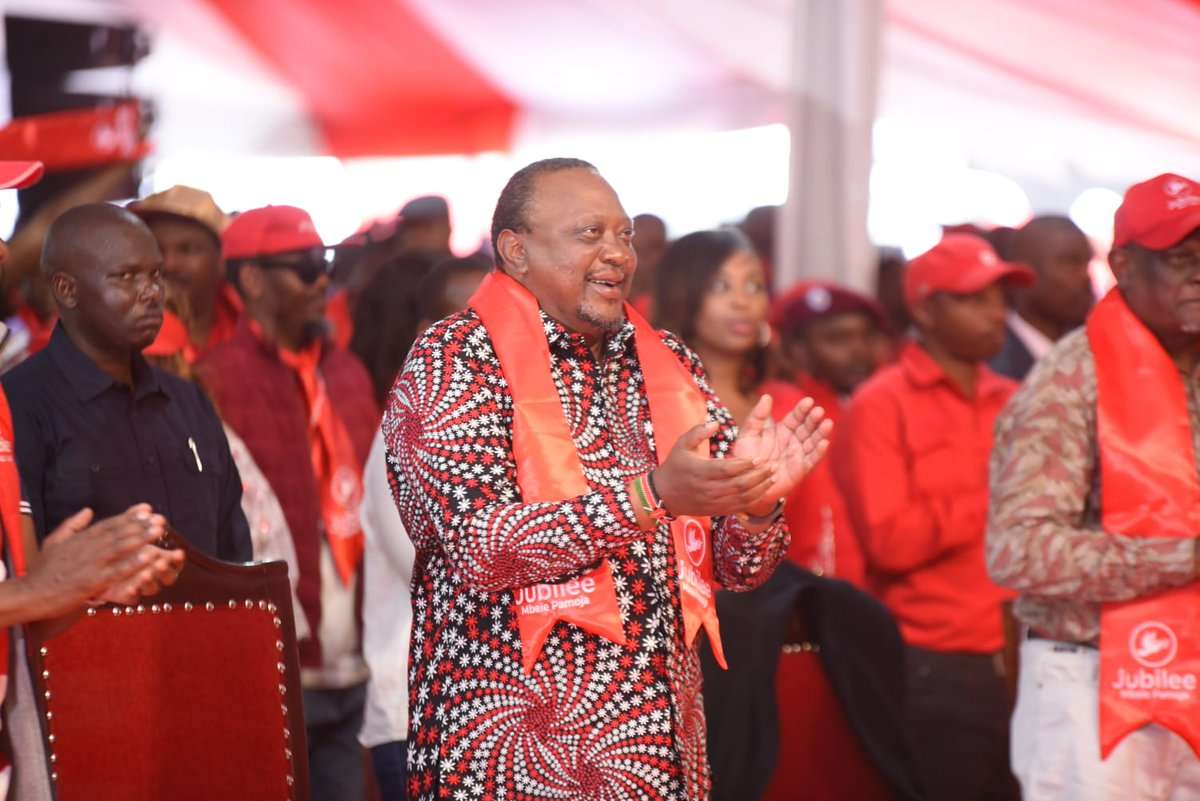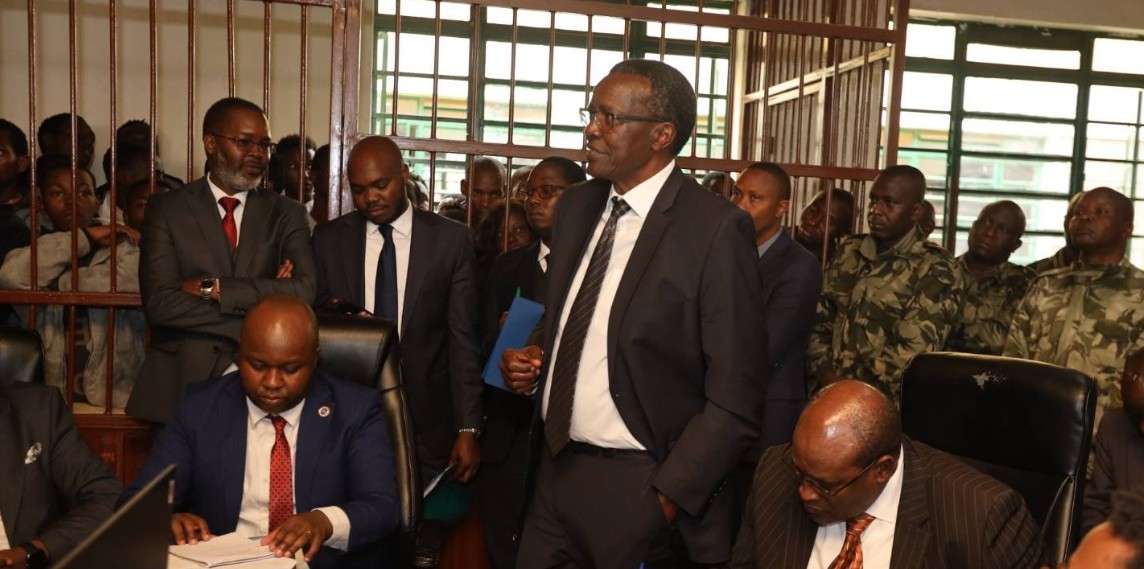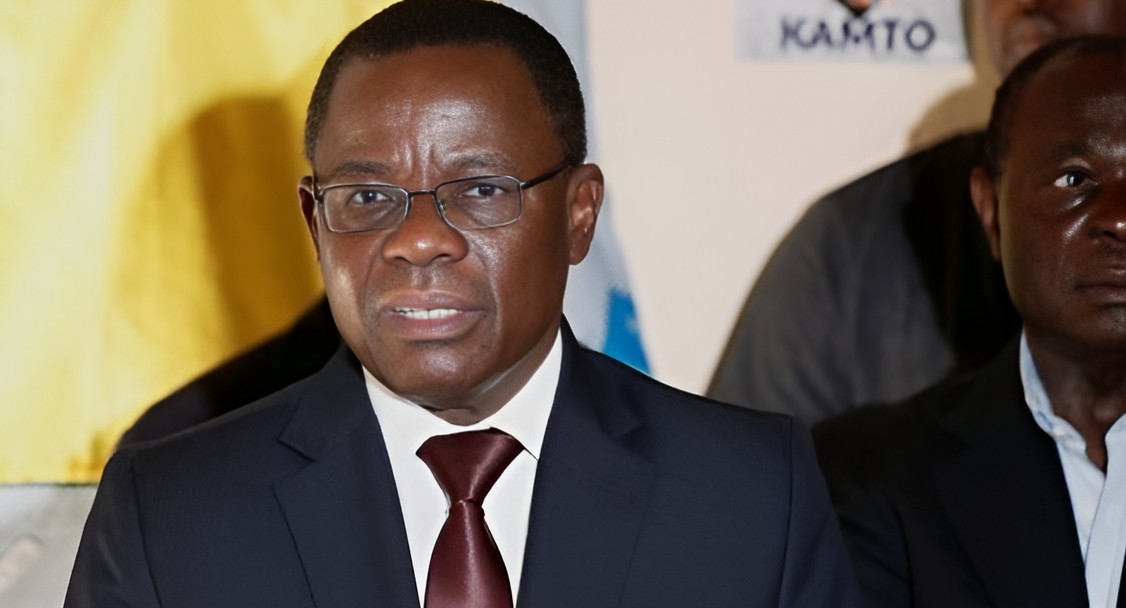Gov't spokesperson: Why State is considering 30-year lease of JKIA to Adani Group
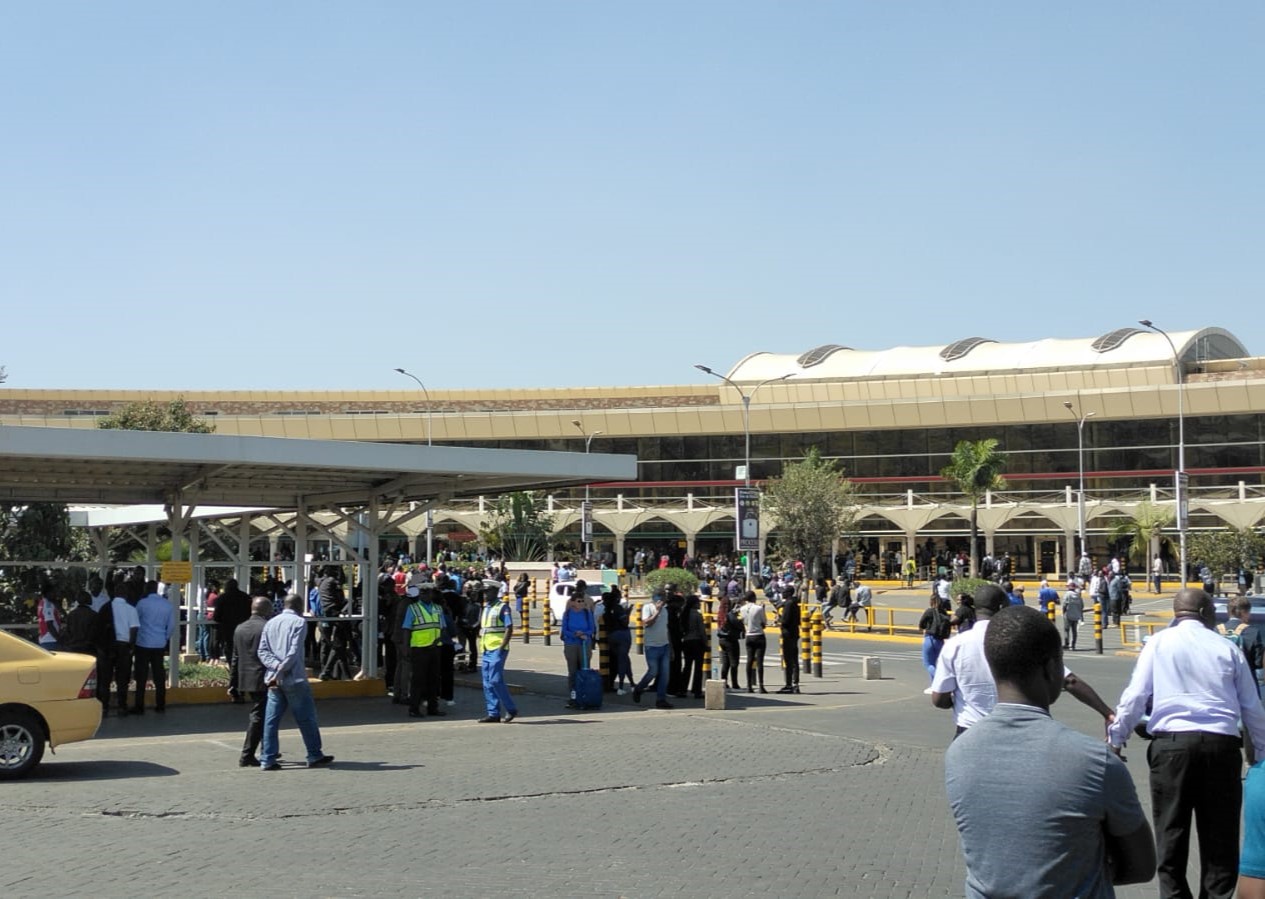
The government has said the aim is to position JKIA as a competitive regional hub, similar to other upgraded airports in the region, such as those in Ethiopia, Rwanda and Tanzania.
A government proposal to lease Jomo Kenyatta International Airport (JKIA) to Indian conglomerate Adani Group for 30 years has sparked widespread opposition from the public.
Kenyans, including workers at the Kenya Airports Authority (KAA), have taken to the streets multiple times to protest against the deal, expressing concerns about its potential impact on the airport's operations and ownership.
More To Read
- KAA warns passengers of delays to JKIA, Wilson Airport as CHAN kicks off in Nairobi
- Suspected drug trafficker nabbed in South C hotel after abandoning 41kg of bhang at JKIA
- KAA calls for public input on airport plans months after collapse of controversial Adani deal
- KAA urges early travel as Nairobi Marathon shuts down key routes
- Raila calls for unity, blames politics for collapse of Adani deal to expand JKIA
- DCI arrests woman who had swallowed 626.25g of cocaine at JKIA
What is the JKIA-Adani deal?
The government is considering a 30-year lease of JKIA to Adani, in exchange for a $2 billion (Sh260 billion) investment to modernise and expand the airport.
The proposal, according to the government, aims to address infrastructure challenges, increase passenger and cargo demand, and prepare the airport for future growth.
Government spokesperson Isaac Mwaura has explained that JKIA currently manages 8.6 million passengers annually, exceeding its original design capacity of 7.5 million.
He decried that by 2054, the number of passengers is expected to reach 32 million, alongside nearly 1 million tons of cargo, compared to 367,000 tonnes in 2023.
“The existing infrastructure has surpassed its capacity and cannot support this projected growth,” he said.
According to Mwaura, several incidents at the airport, including leaking roofs and power outages have disrupted operations and caused significant embarrassment to the country, thereby calling for the need for an upgrade.
“JKIA is also plagued by inadequate aircraft parking bays, outdated passenger terminals and baggage handling systems, and long waiting times due to inefficient processing. Limited shopping and dining options also inhibit the ability of KAA to fully exploit the airport's commercial potential,” he said.
The Public-Private partnership solution
To upgrade the airport, it has been estimated that it will cost $2 billion (Sh20 billion), a figure the government has said it cannot afford on its own due to fiscal constraints.
But to overcome the challenge, the government has turned to Public-Private Partnerships (PPP), allowing private investors to finance, develop, and manage infrastructure projects while ensuring that the asset remains under government control.
In March 2024, KAA received a Privately Initiated Proposal (PIP) from Adani Airport Holdings, submitted under the PPP Act.
The proposal, Mwaura said, is currently undergoing review under the PPP Act of 2021, which mandates stakeholder engagement, approval from the National Treasury, and clearance from the Cabinet.
What does the revamp include?
The proposed deal with Adani Group involves significant infrastructure upgrades, including the construction of a new passenger terminal, a second runway, and the refurbishment of existing facilities.
The government has said the aim is to position JKIA as a competitive regional hub, similar to other upgraded airports in the region, such as those in Ethiopia, Rwanda and Tanzania.
But despite the potential benefits, critics argue that leasing such a strategic national asset for three decades is too long and risks compromising Kenya’s control over its busiest airport.
Workers at the Airport have also voiced concerns about job security and the possible erosion of public ownership of JKIA.
The government has, however, clarified that aside from paying a concession fee to KAA, Adani’s involvement is expected to generate revenue through taxes, stimulate job creation, and engage local service providers, boosting the country’s economy.
The government has also maintained that no formal agreement has been reached with Adani.
“This proposal is undergoing due process, and all terms are subject to negotiation. However, it’s important to stress that JKIA remains a strategic national asset—it is not for sale,” Mwaura said.
Top Stories Today
Reader Comments
Trending


